A Lesson In Lifelong Learning
Continuing studies Mediaplanet caught up with the Canadian entrepreneur, philanthropist and three-season panelist on CBC’s Dragons’ Den, W. Brett Wilson, to ask him how important a role further education has played in his success.
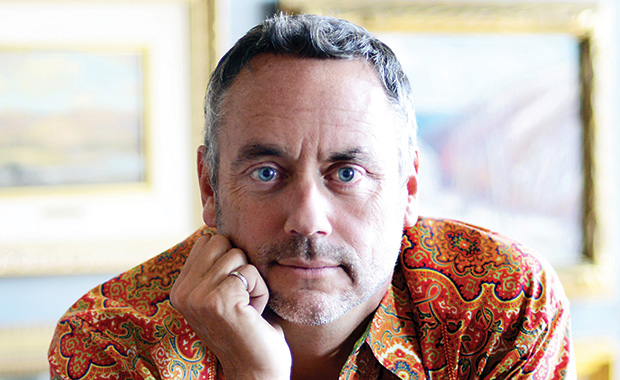
Mediaplanet: You have attended numerous universities and graduated with several degrees, why was it important for you to pursue a higher education?
W. Brett Wilson: It was something that was ingrained in me as a child; that education was going to be invaluable in the short and long term. My mom was a social worker and my dad didn’t finish high school. He was adamant that I would both finish high school and go to university, there was never a conversation about what I had to study but I can’t remember ever having a conversation with my parents that didn’t involve going to school.
MP: You graduated with a Bachelor of Science in Civil Engineering from the University of Saskatchewan, and returned to the University of Calgary to pursue an MBA. What drew you towards this new field of interest?
BW: In a sense, business was my original field of interest. I was almost flipping a coin between studying engineering and business when I came out of high school, and I think my parents, given my strengths in the sciences, guided me a little bit.
During my first couple of months of university I learned about the MBA program, which would allow me to do business and engineering. When I heard about the MBA it was a question of when I did it, not if I did it.
MP: While studying for your various degrees were you involved with other full time commitments? If so, how were you able to cope with this hectic schedule?
BW: When I was doing my undergrad I refereed hockey games, marked papers and drove taxis, and that’s on top of summer jobs. My MBA was a part time program but I had decided to take it up every night of the week, so I was not in a position to do much more.
But I did do some things that were entrepreneurial: I purchased a couple of revenue properties that I redeveloped, largely with my own sweat equity and modest capital. It was a summer job that turned into more and it was the foundation of a business experience that proved invaluable to me as I continued to invest over time.
"When I heard about the MBA it was a question of when I did it, not if I did it."
MP: Entrepreneurship is something you strongly promote. What skills are important to be successful in launching and running your own business venture?
BW: There are both skills and values. When I talk about the study of entrepreneurship, for me it’s a lot about inspiring the way people think and act as opposed to the tools and the specifics of accounting or finance.
It’s about the way of thinking. Some people say that entrepreneurs are risk takers but I would argue that they’re not risk takers for the sake of taking risks, but rather they perceive risk differently and are maybe more risk tolerant. Maybe we (entrepreneurs) simply believe in ourselves in a way that brings the risk down to a point where it’s manageable.
Expert Insight featuring Brett Wilson: Mastermind Talk’s.
Video credit: Phanta Media Limited
MP: As one of Canada’s leading entrepreneurs, how have a variety of educational experiences shaped your career path?
BW: I can candidly say that when I was studying engineering I studied it to be an engineer and not an entrepreneur. As much as I had an idea of adding on, or bootstrapping on some business studies, I didn’t have the vision that I would go out and start businesses, especially in the world of finance.
But the great thing about an engineering background is that it teaches you how to learn. It’s complicated, and it requires new knowledge and an investment of time in learning the materials. One of the great things about it was learning how to learn, which then enables you to take on almost anything.
MP: What advice would you give to those that are hesitant about taking the next step and returning to school once in an established career?
BW: If someone’s hesitant about going back to school because it’s an engagement of time, I would say take an hour or two each week in the evenings to look at what’s online in terms of tools and see what bites, see what inspires you.
When people come to me and say ‘I’ve got $1,000 to start a business, what should I do with it?’ I say, ‘go back to school and study marketing’!
MP: What’s next for you? Any new projects, or plans to return to school again?
BW: I’m learning all the time and I love taking on new projects. I’m doing real estate development in ways that I’ve never done and I’m digging my teeth into some engineering related oil industry projects that I’ve never been as involved with. I just love the learning process, and that’s lifelong.


.jpg)










.jpg)









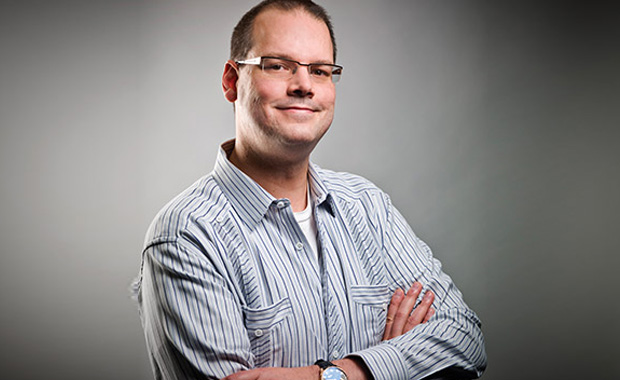















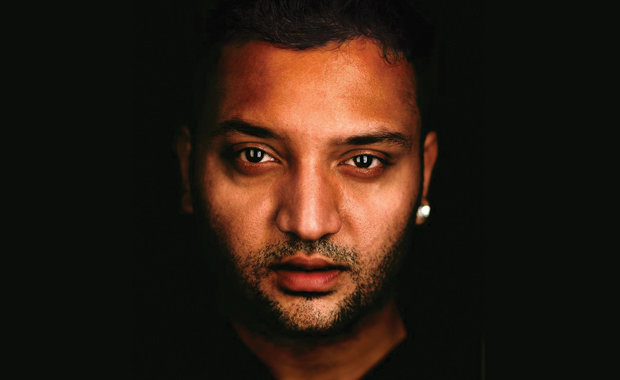




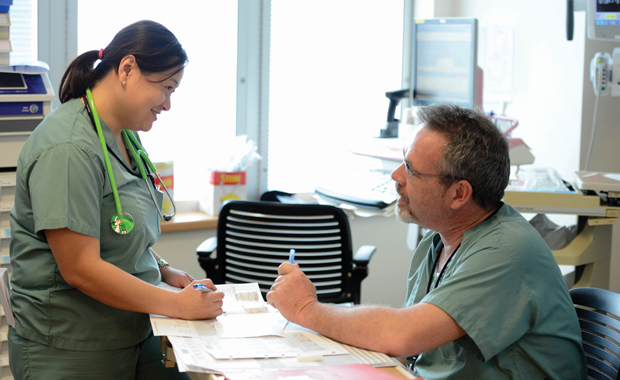








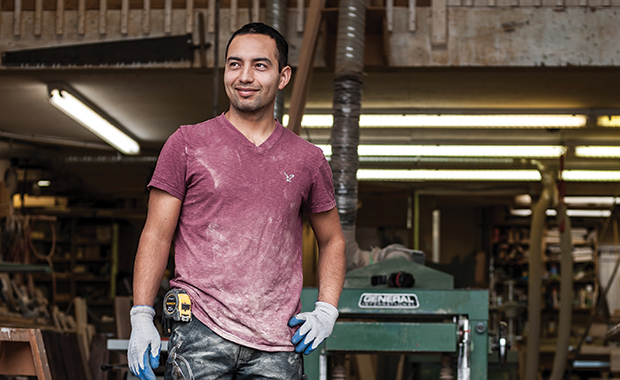
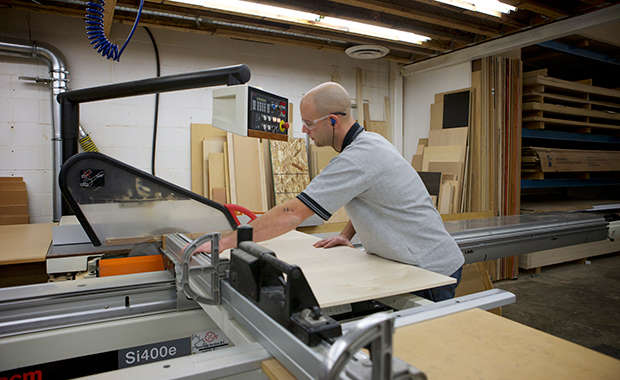

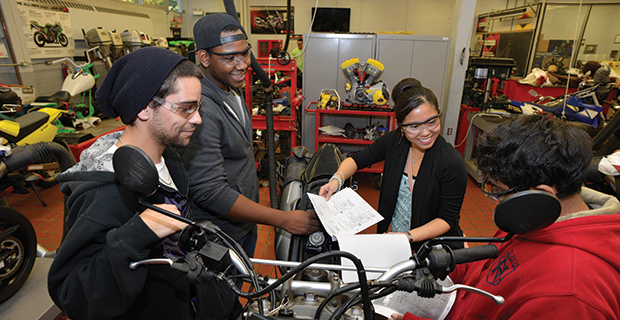


.jpg)


